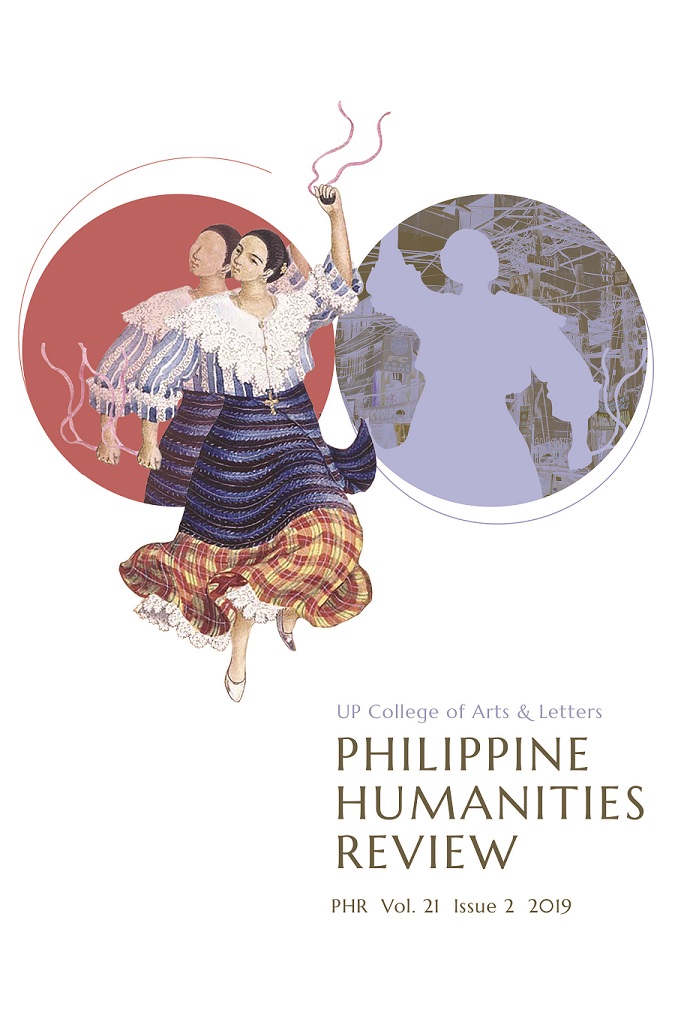Implikaturang Politikal ng Diskursong Pangmilitar ni Rodrigo Duterte
Abstract
What are the political implicatures of President Rodrigo Duterte’s military discourse? This paper argues that this discourse is indicative of a militaristic ruling structure characterized by the widespread suppression of ‘enemies’, of the state and a climate of political impunity. Building upon the discipline of Political Discourse Analysis laid out by Teun van Dijk (1998), ten speeches delivered by Duterte in 2018 to the armed personnel of the Armed Forces of the Philippines (AFP) and Philippine National Police (PNP) were analyzed. The first section presents Duterte's discourse structures that are shaped by themes of family, personal responsibility, isolation of the ‘enemy’, and ‘crass’ discourse. The next one identifies the relationship of these structures with cognitive meaningmaking and structuring which is described as “anti-rational” — the dominance of action over thought. The last section posits that the military discourse in Duterte’s speeches is a solid indication of political implicatures that occurred post-2018. This research forwards the capability of discourse analysis to pinpoint political dangers within text, subtext, and context.
ABSTRAKT
Ano ang mga politikal na implikatura ng diskursong pangmilitar ni Pangulong Rodrigo Duterte? Ipinanunukala ng papel na ang diskursong ito ay indikatibo ng militaristikong balangkas ng pamamahala na kinakatangian ng malawakang panunupil sa mga ‘kalaban’ ng estado at klima ng political impunity. Sa pagsandig sa disiplina ng Political Discourse Analysis na ibinalangkas ni Teun van Dijk (1998), sinuri ang sampung talumpati ni Duterte noong 2018 na binigkas sa harap ng mga unipormadong tauhan ng Armed Forces of the
Philippines (AFP) at Philippine National Police (PNP). Sa unang bahagi, inilatag ang mga estrukturang pandiskurso ni Duterte na hinuhugis ng mga tema ng pamilya, personal na responsibilidad, pagbubukod sa mga ‘kalaban’, at diskursong ‘tampalasan’. Pagkatapos, tinunton ang ugnayan ng mga estrukturang ito sa proseso ng kognitibong pagpapakahulugan at paghuhubog at inilarawan ito bilang ‘anti-rasyonal’— ang pangingibabaw ng aksiyon sa pag-iisip. Sa huling bahagi, ipinanukala na ang diskursong pangmilitar ni Duterte sa kaniyang mga talumpati ay matibay na indikasiyon ng mga politikal na implikaturang naganap pagkatapos ng 2018. Isinusulong ng papel na ito ang kapabilidad ng panunuring pandiskurso sa pagsipat ng mga politikal panganib na nakapaloob sa mga teksto, subteksto, at konteksto.


